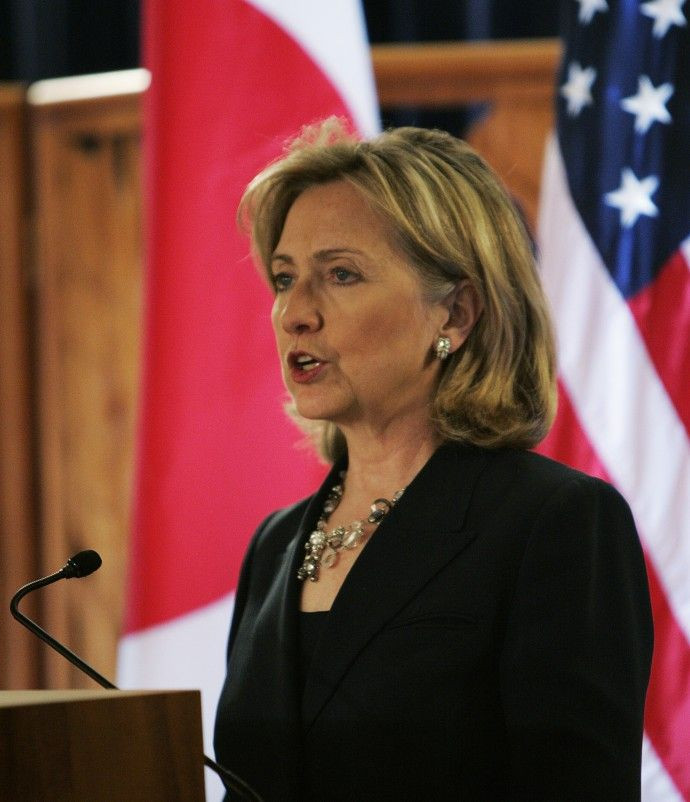West increasingly concerned about China's rare earth monopoly

China has had a near-monopoly on the production of rare earth metals for years. Recently, however, its market dominance has taken center stage and the West is increasingly expressing concerns.
European Union (EU) trade commissioner Karel De Gucht recently said at a EU-China conference that it's obvious [Europe] cannot continue being completely dependent on China. He urged global partners to diversify mining sources, reported Agence France Presse.
David Sandalow, U.S. Assistant Energy Secretary for Policy and International Affairs, said China's concentration of production creates serious concerns. From the U.S. Department of Energy's perspective, access to rare earth metals is crucial because of its importance to the U.S. alternative energy industry.
The West wants more clarity.
U.S. Secretary Hillary Clinton, in a press conference in Honolulu, said she would welcome any clarification of [China's] policy. Commenting on the same issue, Germany's Economy Minister Rainer Bruderle said when speculation is rife, you lose the foundation in the economy. And that is detrimental for the producing industries.
White House press secretary Robert Gibbs also said the U.S. wouldn't hesitate to bring up the issue of rare earth metals at the upcoming G20 meeting in South Korea.
Moreover, the U.S. House of Representatives passed a bill to support domestic production of rare earth metals. It is currently awaiting Senate approval.
However, it may take as long as 15 years before the U.S. can fully revive domestic rare earth metals production, according to the Government Accountability Office (GAO).
Meanwhile, Chinese government officials have responded to criticisms and is defending China's policy.
First, they deny restricting exports to Japan or the West. Second, China says it will not use its monopoly as a bargaining chip, in the words of Premier Wen Jiabao.
China does not deny reducing the quota for rare earth metal exports. However, according to state-owned media, China is doing so to protect the environment and the non-renewable [rare earth] metals and such reductions are in line with World Trade Organization rules.
China also said it is cracking down on illegal mining and smuggling.
The issue of rare earth metals was cast in the global spotlight after Japan explicitly accused China of imposing an embargo on these metals in September because of conflict over the Senkaku/Diaoyu Islands.
The Chinese government allegedly used the pretext of inspecting them to delay shipments to Japan.
Rare earth metals are crucial to many high-tech devices like lasers, hybrid cars, wind turbines, and guided missiles.
Email Hao Li in New York at hao.li@ibtimes.com.
© Copyright IBTimes 2024. All rights reserved.





















